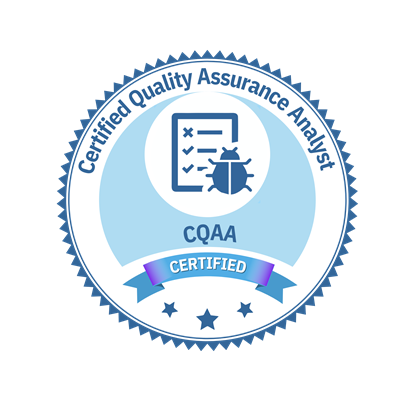The Certified Software Tester – Foundation Level Exam is your first step into the testing career. You don't need prior testing experience, but you should have a basic understanding of different types of applications. The main goals of this exam are to ensure you have a broad understanding of software testing concepts and to lay the foundation for future career growth. Another goal is to prepare you for advanced software testing concepts.
In the Certified Software Tester – Foundation Level Certification E-Course, you'll learn the basic skills needed for software testing and how testing fits into software development. Discover what it means to be a successful software tester and how testing can add value to software development projects through our E-Course, which is considered one of the best in Software Testing.
Whether you're exploring new career opportunities or aiming to stay updated in the Software Testing field, our certification programs offer focused career training and skill development for working professionals.
The Foundation Level exam is theoretical and requires knowledge of software development, especially in software testing.
The Foundation Level Certification is a prerequisite for the Intermediate Level Certification exam.
E-Course Duration: 20 to 25 Hours

